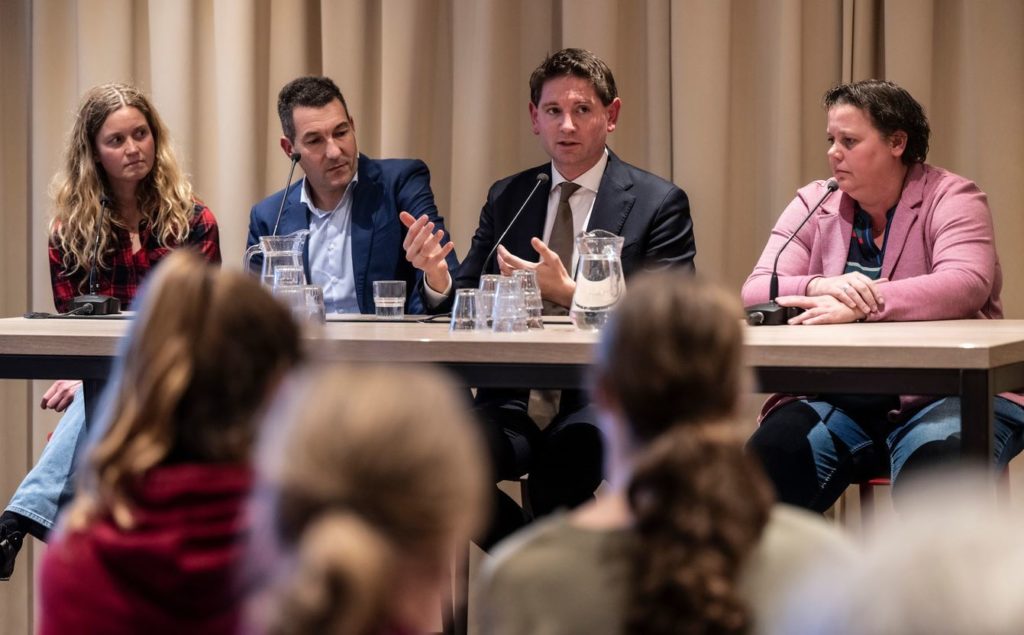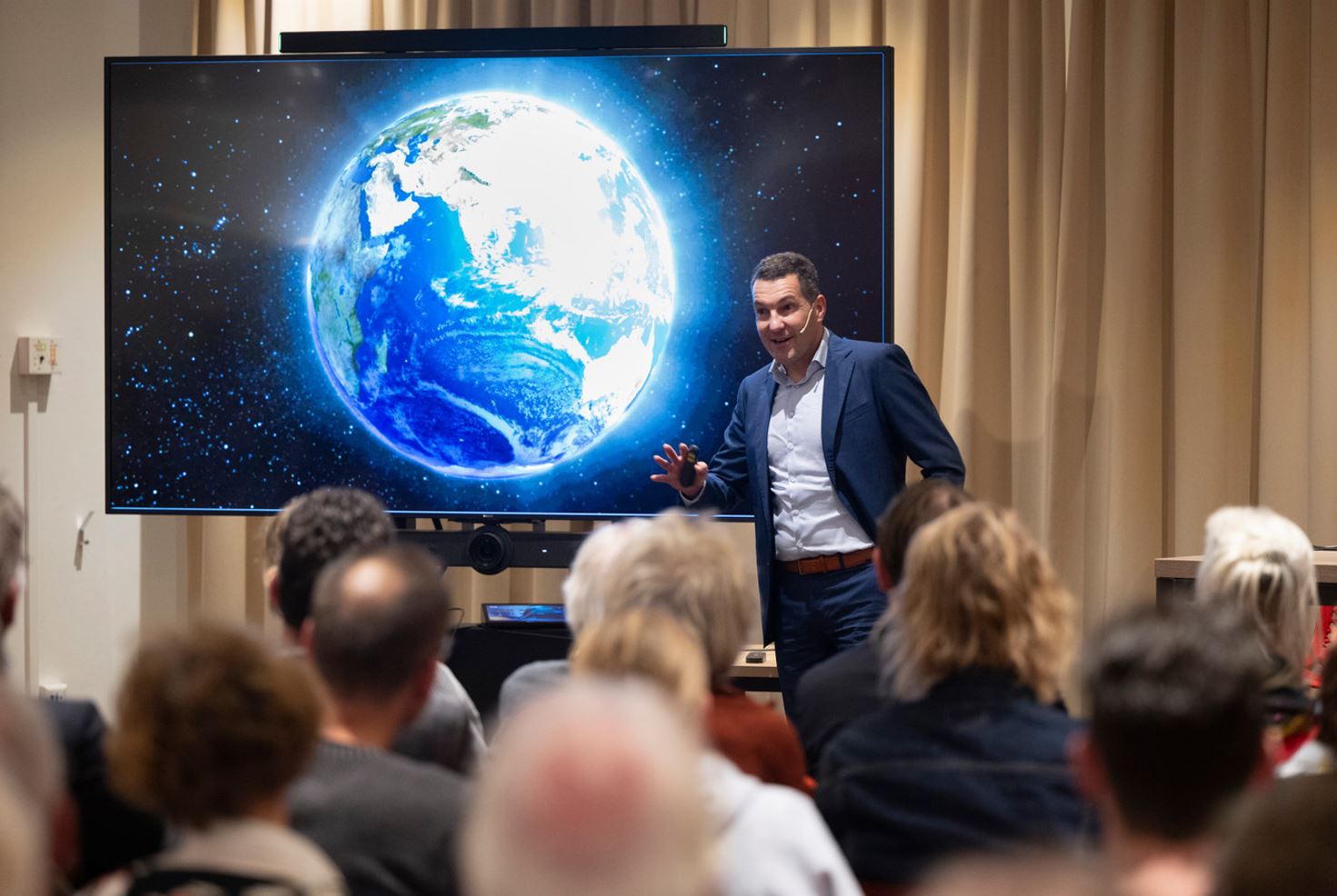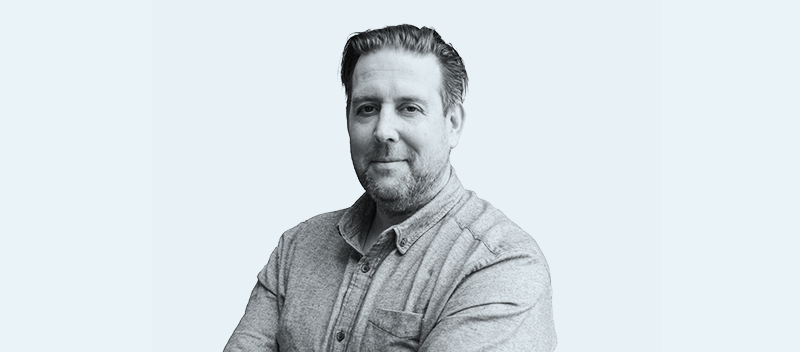Youngsters, farmers, climate activists, scientists -among whom Tim van Hattum- and D66 faction chair Jan Paternotte discussed the state of the climate in Gaia last night.
The Gelderlander Climate Debate on the campus was organised by the daily newspaper De Gelderlander and also served as a wrap-up of journalist Ellen Willems’ seven-month climate hike. She conducted dozens of dialogues during her 900-kilometre hike, which made her even more of a climate activist. Her concerns and those of others are, however, insufficient to cause a real change in the climate, the debate in Gaia on Thursday showed.
Paternotte argues that much has been done in recent years, particularly in the way of sustainable electricity. ‘We are European champions in solar energy.’
At the same time, he also recognises that some efforts in the Netherlands to win the battle against global warming have failed. ‘I am thoroughly disappointed in the number of agreements reached with businesses to reduce their emissions, as that number is zero.’
Corporates
Extinction Rebellion’s Merel Langenhoff has protested these big corporations for a while now. She attended the blockage of the A12 highway against fossil subsidies for businesses. ‘Individual civilians can’t make a difference by reducing meat consumption and buying fewer clothes. My anger is about the fact that it is up to big businesses and the government to act.’ Paternotte also wants to stop these subsidies. ‘That is really required for change. But the political reality is that this doesn’t just happen.’
Quite well off
There was much agreement on the Netherlands’ significant challenges during the debate. There are no easy options. Farmer Suzanne Ruesink explains that she has installed solar panels on the roof of her barn. ‘But this causes a fire safety issue. I fear I may not have made the right decision.’

Farmer Ronald Pelgrom from Hummelo makes the division in society painfully clear to the audience. ‘The people present here, are quite well off. They can afford to be concerned about the climate. They feel they can make a difference. But many people are not nearly as well off. The climate is not their immediate concern. If the wealthier citizens think we will fix the issue, forget it. Everyone must contribute.’
Topic in schools
Everyone recognises that challenge. Two middle schoolers stated they are not particularly concerned about the climate right now. ‘I worry for my children and grandchildren’, says Fiene Kersten (15).
Her peer, Maud Wenting, has a clear message for politicians. ‘The topic is discussed a lot, but still not enough. I don’t know how the Earth will fare if we continue as we are.’
Tim van Hattum
Many speakers were disappointed about the government’s contribution to the climate. Scientist Tim van Jattum tries to stay positive. His message: We can still turn the tide. But we must have a long-term perspective that includes everyone. ‘Consider education, for example. I would like to see climate discussed in middle schools more frequently.’
Major change
Ellen Willems prefers not to be too pessimistic. She hopes that the Dutch will continue to stimulate each other to change. ‘We must all consider businesses. Many people want change. If we help each other to make small changes, it adds up to a major change. I have seen what people are willing to do, and that has made me somewhat more positive about the future.’
More debates in Wageningen have been scheduled.
This article was previously published in De Gelderlander/Albert Heller

 Photo: Paul Rapp
Photo: Paul Rapp 

